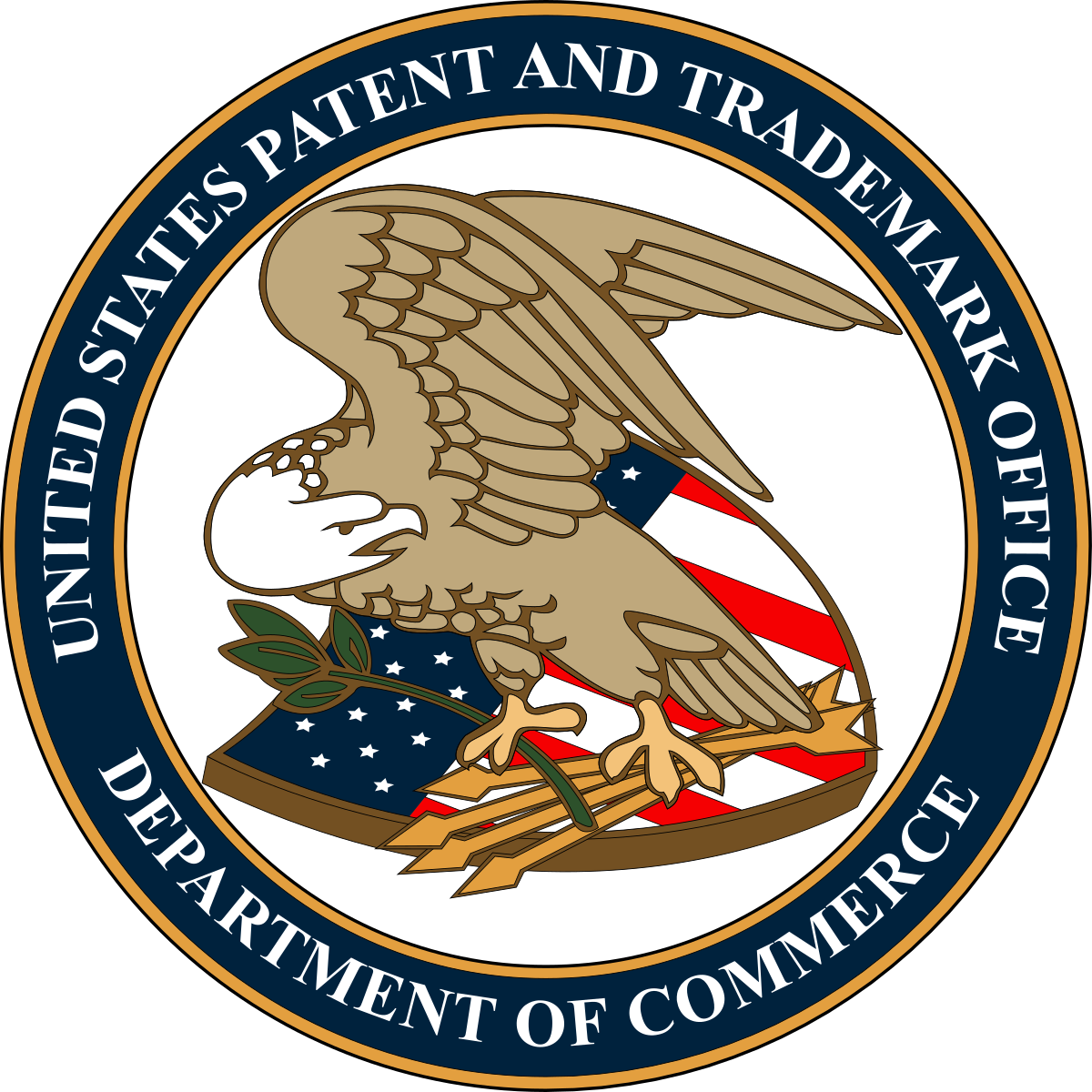By Rick Manning
As originally published at http://thehill.com/opinion/technology/353700-inventors-beware-big-corporations-attack-innovation-while-profiting-from
Apple just launched its latest iPhone at a retail cost of $799 for the 8 Plus version and $999 for the X upgrade. Yet despite those astronomical costs, Apple has launched a worldwide regulatory assault on the company — Qualcomm — whose technology helps power their phones for which Apple pays $10-15 per phone, according to analysts.
The San Diego Union Tribune notes:
“Qualcomm’s inventions are now under the hood of every 3G/4G smartphone. They power faster download and upload speeds, have reduced static and interference, given batteries a longer life, made auto lock and airplane mode possible, and the list goes on. Its patent licensing arm is a $7.7 billion juggernaut — 130,000 patents issued and pending strong. Its licensing business model helped cement Qualcomm as the research and development engine for the mobile industry.”
Incredibly, Apple is arguing in court that Qualcomm is overcharging for its intellectual property licensing. Apple encouraged and lobbied for the Federal Trade Commission to launch a case against Qualcomm, which it did, literally hours before the Obama FTC was on its way out the door.
Then Apple launched its own lawsuit, which was almost identical to the FTC case. It is alleged that Apple has actually induced foreign governments to engage in an effort to break or devalue the very patents that give the iPhone its 3G and 4G capability.
Last month, Apple’s Tim Cook toured places like Iowa basking in the adoration of technophiles as one of the top innovators in the world. The appearances led some in the media to speculate if the Silicon Valley CEO was priming the pump for a presidential run. His appeal as a leading innovator certainly fuels that fire, yet it won’t be Cook’s Apple that ushers in the next generation of cell phones using 5G technology, it will be a company like Qualcomm which develops the technological oomph to increase bandwidth speeds and opens the door for the so-called Internet of Things.
Rest assured that Cook will package the patents in a shiny case with a high-resolution phone to justify the price tag for a phone possessing quantum leap technology in 2019 or 2020, but the phone will sell based upon the new 5G technological guts.
And Mr. Cook’s stock price will soar along with his personal compensation.
The irony is that if Cook’s Apple is successful in its lawsuit(s) and Qualcomm’s patents are weakened with compensation for them reduced, it is likely that the dollars lost would likely come directly from the research dollars being spent to figure out the 5G puzzle — an answer that Apple and others are waiting on so they can launch their next generation of mobile devices.
But Apple is not the only gigantic communications company that is playing short-sighted games with its technology licensing partners.
In another important IP case, Comcast is currently refusing to pay licensing fees to TiVo for technology it licensed for years that allows subscribers to control their boxes remotely. In June, a judge of the International Trade Commission issued a preliminary ruling against Comcast, with a final ruling expected at any time. If affirmed, the ruling would prevent Comcast from importing the set top boxes into the U.S. (since they are manufactured overseas) until they pay licensing fees or disable the infringing feature.
Comcast made the decision to not renew a licensing agreement with TiVo for their patented technology that allows consumers to control the set top box from a smartphone or other connected device. Every other cable company pays TiVo to license this technology. Instead, they just continued using the technology daring TiVo to do something about it.
Comcast even has the technological capacity to remotely shut down the capabilities enabled by the TiVo inventions, yet they chose to continue to profit from them as subscribers expect a modern cable system to provide these conveniences.
What’s at stake in both cases is whether an inventor can protect patents from a big corporation determined to undercut the value of their work to put a few dollars back in their pockets.
The ramifications of Apple and Comcast’s attacks on intellectual property should be terrifying to those who expect the next big thing to be invented and be on the shelf at least every couple of years. Licensing dollars pay for the development of the next generation of innovations, paying the salaries and other research costs for the unsung heroes of the world’s technology boom: the inventors.
Cut the money flow by undermining the value of patents, and you cut the number of brilliant minds working to solve the complexities of integrating competing systems, configuring data more efficiently to increase pipeline capacity and countless other problems that prevent the next major tech shift.
The San Diego Tribune quotes Jonathan Barnett, a professor at the University of Southern California’s Gould School of Law saying, “In patent law, we always look not just at the short term but also the long term.”
Barnett continued, “If you don’t have enough compensation flowing up to the innovator, their incentive to do research and development is reduced, and that could make consumers worse off” over time.
Protecting intellectual property may seem like a dry subject, but all one has to do is look at the end of their hand or at the TV in the middle of their living rooms to see why it is important not only for the present but for the future.
Rick Manning is the President of Americans for Limited Government







